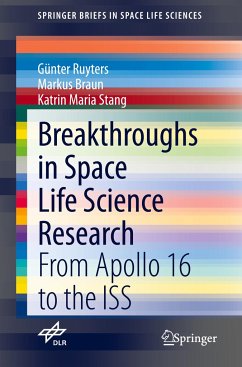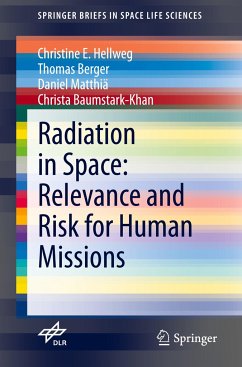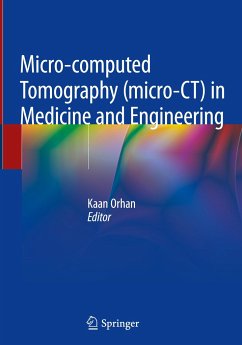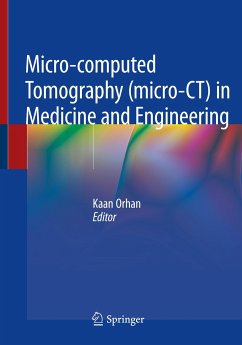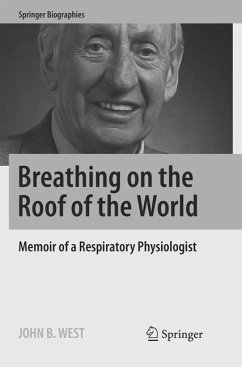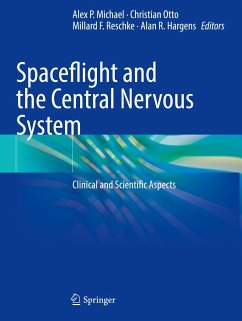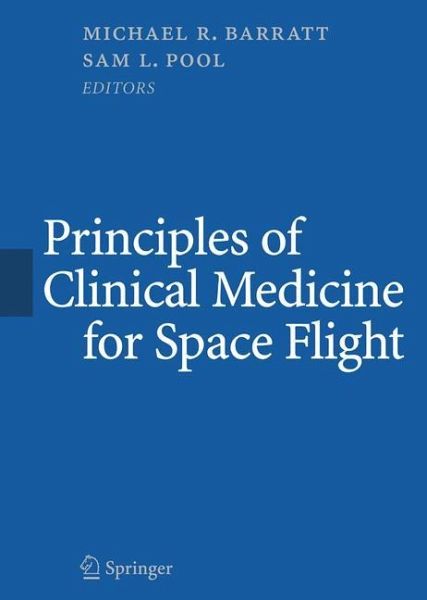
Principles of Clinical Medicine for Space Flight
Versandkostenfrei!
Versandfertig in 6-10 Tagen
167,99 €
inkl. MwSt.

PAYBACK Punkte
84 °P sammeln!
Advances over the past decades in space flight technology have allowed U.S., Russian, and other space programs to not only increase the frequency of manned space flights but also to increase the duration of these flights. As such, a large body of knowledge has been developed regarding the ways in which space flight affects the health of the personnel involved. Now, for the first time, this body of clinical knowledge on how to diagnose and treat conditions that either develop during a mission or because of a mission has been compiled by Drs. Michael R. Barratt and Sam L. Pool of the NASA/Johnso...
Advances over the past decades in space flight technology have allowed U.S., Russian, and other space programs to not only increase the frequency of manned space flights but also to increase the duration of these flights. As such, a large body of knowledge has been developed regarding the ways in which space flight affects the health of the personnel involved. Now, for the first time, this body of clinical knowledge on how to diagnose and treat conditions that either develop during a mission or because of a mission has been compiled by Drs. Michael R. Barratt and Sam L. Pool of the NASA/Johnson Space Center. This text is a must have for all those associated with aerospace medicine.



